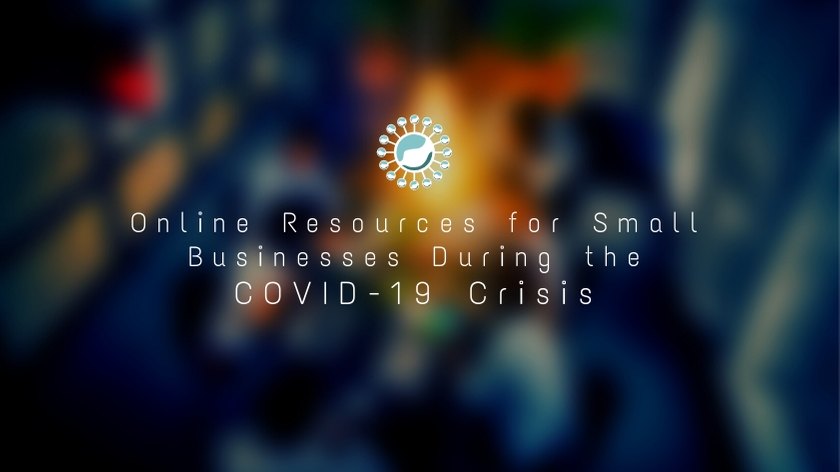
Marketing Tips for Small Businesses During the COVID-19 Crisis
The COVID-19 crisis has affected almost everyone, including small businesses. Many businesses have closed their doors, laid-off employees, or go bankrupt. Those that remain open will likely deal with reduced sales and other obstacles.
Here are a few marketing tips for small businesses during these challenging times.
Highlight the Ways That You Are Helping
If you watch TV, you have likely seen endless commercials showcasing businesses’ efforts to stop the spread of coronavirus. This includes allowing employees to work from home, donating time or money to hospitals and front-line workers, and eliminating late fees for existing customers.
Use this opportunity to highlight the steps you are taking to protect your staff and customers. Make sure that the marketing material you create remains authentic. If the video or social media post is too promotional, it may backfire.
Invest More in Your Marketing and Advertising
You have less competition as more businesses scale back on marketing or advertising. Use this time to invest more in your marketing campaigns and paid advertisements. With less competition, you should experience higher click-through rates, providing a greater return on your marketing spending.
You should also reassess your marketing budget. For example, you may need to hold off on marketing that involves physical aspects, such as promoting an upcoming trade show or event. Focus on online marketing channels such as social media, email marketing, and search engines.
Consider Changing Your Delivery Methods
If you have physical products or operate in a physical location, customers may appreciate delivery options that limit exposure to the public. This may include dropping off items at customers’ homes or offering curbside pickup.
For service-based businesses, consider setting up virtual appointments. For example, you can complete a virtual meeting to discuss SEO services and other consulting work.
Offer to Forego Late Fees or Penalties
Many of your customers may be struggling financially right now. During the COVID-19 crisis, you can pause late fees and other penalties.
While you may miss out on a few dollars from frequently late customers, you can generate more goodwill with your existing customers. This should lead to greater brand loyalty when the threat of coronavirus passes.
Find Out Where Your Customers Go Online
Your marketing efforts may not provide the desired results if you fail to connect with your customer base.
Find out which marketing channels your customers use most. In most cases, the answer is Facebook. However, if you have a younger-skewing customer base, you may also need to market your products or services on Instagram or TikTok.
Create Special Offers and Discounts
Another way to ease the financial burden on your customers is to offer discounts or special promotions. Entice customers to continue shopping by offering them discounts on popular products or services. You may even discount services to your existing customers to encourage ongoing support.
Use these tips throughout the coronavirus pandemic to boost your ROI. Just remember to reassess your marketing campaigns when the threat of the virus passes.

